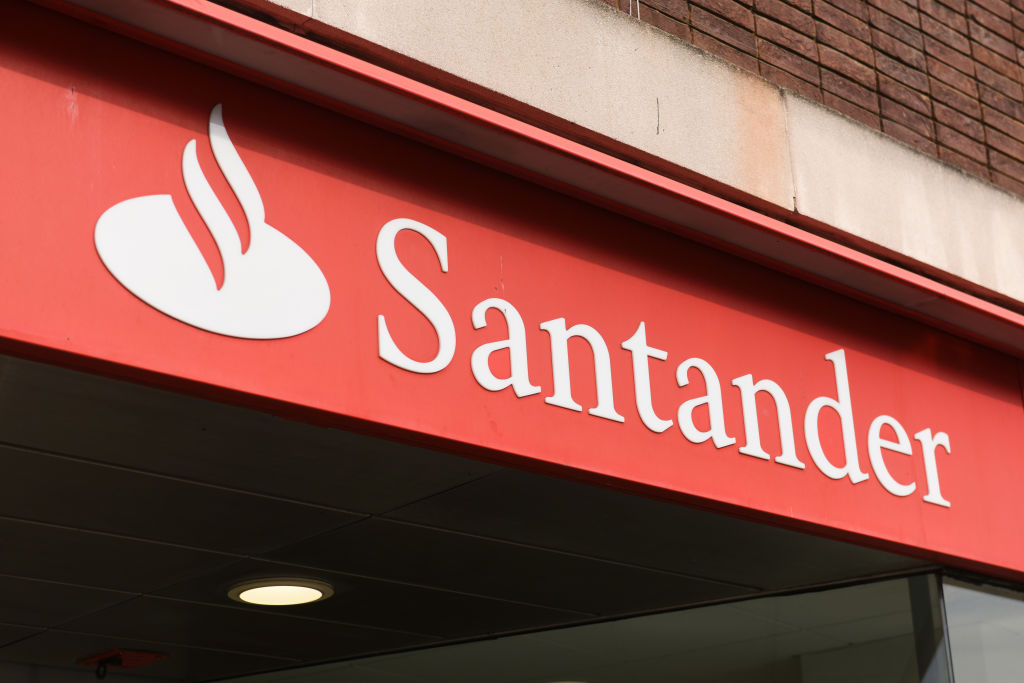Mini-bonds could spell big trouble for small investors
Investors have been seduced by the high interest rates on mini-bonds, but they’re not as safe as they seem.

Get the latest financial news, insights and expert analysis from our award-winning MoneyWeek team, to help you understand what really matters when it comes to your finances.
You are now subscribed
Your newsletter sign-up was successful
Want to add more newsletters?

Twice daily
MoneyWeek
Get the latest financial news, insights and expert analysis from our award-winning MoneyWeek team, to help you understand what really matters when it comes to your finances.

Four times a week
Look After My Bills
Sign up to our free money-saving newsletter, filled with the latest news and expert advice to help you find the best tips and deals for managing your bills. Start saving today!
Last week the Financial Conduct Authority (FCA), the financial services regulator, announced that it was finally cracking down on mini-bonds. As of January 2020, they will no longer be marketed to retail investors.
A mini-bond is a form of debt security. You lend your money to a company in return for a high regular income, while you will get your original stake back when the bond matures. The interest rate is typically around 8%.
But a high return implies high risk. Companies don't have to be authorised by the FCA to issue mini-bonds and the products are unregulated. Mini-bonds can't be traded, so once you've invested your money is locked away until maturity. If the company goes bust during that time, you may not get your money back. In January London Capital & Finance (LCF) went bust after collecting £237m from almost 12,000 investors, who may now lose their savings.
MoneyWeek
Subscribe to MoneyWeek today and get your first six magazine issues absolutely FREE

Sign up to Money Morning
Don't miss the latest investment and personal finances news, market analysis, plus money-saving tips with our free twice-daily newsletter
Don't miss the latest investment and personal finances news, market analysis, plus money-saving tips with our free twice-daily newsletter
Too little, too late?
While it is good news that the FCA is taking action to curb the mini-bond market, it isn't going to protect everyone from investing in these very high-risk products. The ban only covers "mini-bonds designed to raise funds that are lent on to third parties, invested in other companies, or used to develop property", says Robert Smith in the Financial Times. "It is not banning mini-bonds entirely." Firms using them to fund their own operations will be exempt. So, the notorious "burrito bond" marketed by Mexican restaurant chain Chilango earlier this year would still be allowed. That attracted £3.7m in investments after offering investors free burritos. Today Chilango is facing financial problems.
The key issue with mini-bonds is that companies are increasingly marketing them at ordinary investors. "The businesses involved would typically face short shrift from professional fixed-income investors because of their dubious cash flows or weak asset bases," says Smith. But inexperienced investors see a rate of return far above what they can get from their bank. Along with the word bond, which is usually associated with a relatively safe investment, that makes them appealing. Note too that the FCA ban only applies to regulated firms, so "investors still need to be on their guard for scams and be wary of anything that looks too good to be true", says Jonathan Jones in The Daily Telegraph.
Christmas credit-card crunch
If you pay off your credit card in full each month you won't be charged interest. In that case you should look for a rewards credit card and enjoy the perks of staying in the black. American Express's Platinum Everyday card pays 5% cashback for the first three months (up to 1% thereafter). If you've built up some debt on a credit card, shift it to a 0% balance transfer card to avoid a high interest rate. Virgin Money offers a 29-month interest-free period, but you'll pay a 3% fee to move your balance onto the card. If you don't need that long to clear your debt, Santander has an 18-month interest-free period for balance transfers with no fee.
Get the latest financial news, insights and expert analysis from our award-winning MoneyWeek team, to help you understand what really matters when it comes to your finances.

Ruth Jackson-Kirby is a freelance personal finance journalist with 17 years’ experience, writing about everything from savings accounts and credit cards to pensions, property and pet insurance.
-
 Should you buy an active ETF?
Should you buy an active ETF?ETFs are often mischaracterised as passive products, but they can be a convenient way to add active management to your portfolio
-
 Power up your pension before 5 April – easy ways to save before the tax year end
Power up your pension before 5 April – easy ways to save before the tax year endWith the end of the tax year looming, pension savers currently have a window to review and maximise what’s going into their retirement funds – we look at how
-
 Why pension transfers are so tricky
Why pension transfers are so trickyInvestors could lose out when they do a pension transfer, as the process is fraught with risk and requires advice, says David Prosser
-
 What are British Airways Amex companion vouchers, and how do they work?
What are British Airways Amex companion vouchers, and how do they work?American Express customers with British Airways credit cards can effectively double the value of their Avios points by using a companion voucher. We look at what they are, and how you can use them.
-
 American Express introduces 'Plan It' payment instalment option
American Express introduces 'Plan It' payment instalment optionNews Amex users can now split parts of their credit bill into further instalments. Is it worth it?
-
 Which is the best American Express credit card?
Which is the best American Express credit card?American Express credit cards can help you earn cashback or reward points on everyday spending, but which card is the best for you? We compare the options
-
 Santander launches best easy access savings rate in 14 years
Santander launches best easy access savings rate in 14 yearsSantander launches market leading easy access savings rate, but you’ll have to act fast if you want to take advantage - we have all the details
-
 Bank of Baroda closes doors to UK retail banking
Bank of Baroda closes doors to UK retail bankingAfter almost 70 years of operating in the UK, one of India’s largest bank is shutting up shop in the UK retail banking market. We explain everything you need to know if you have savings or a current account with Bank of Baroda
-
 The rise and fall of finfluencers as FCA clamps down on poor advice
The rise and fall of finfluencers as FCA clamps down on poor adviceFCA clamps down on ‘finfluencers’ - but will it protect consumers from ‘bad advice’? Kalpana Fitzpatrick looks at the rise and fall of finfluencers
-
 How to earn cashback on spending
How to earn cashback on spendingFrom credit cards and current accounts to cashback websites, there are plenty of ways to earn cashback on the money you spend